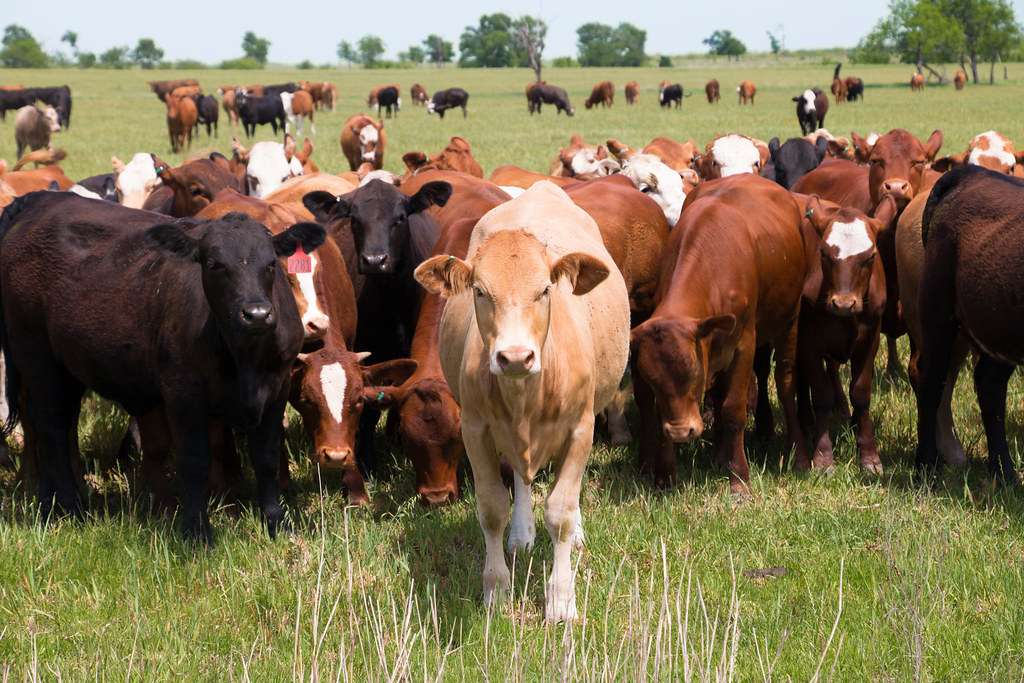California Dairies Cut Methane Emissions By 5 Million Tons, Nearing Climate Goal

California’s dairy sector has reached a monumental milestone in sustainable farming with its announcement in reducing methane emissions by 5 million metric tons annually.
This accomplishment showcases the state’s dairy farms’ strong commitment to enhancing environmental efficiency while still maintaining its critical role in food production. The reduction of methane emissions is accomplished through innovative on-farm projects that focus on improving manure management and increasing milk production efficiency.
California’s dairy sector leads the nation in milk production and dairy foods. According to a press release, the state is more than two-thirds of the way towards the ambitious goal of reducing livestock methane emissions by 40 percent below 2013 levels by 2030. The state is the only jurisdiction with such a target set in statute in 2016.
Supported by the Dairy Digester Research and Development Program (DDRDP) and the Alternative Manure Management Program (AMMP), these efforts indisputably demonstrate California’s leadership in achieving significant climate goals while still maintaining a thriving dairy sector. In conjunction, its dairy farms are creating renewable energy to help reduce their reliance on fossil fuels.
Some key strategies that are employed to achieve methane reduction includes:
- Methane Capture and Utilization: With 168 operational dairy digesters and about 75 more in development, these systems capture methane from manure and convert it to renewable energy, achieving reductions of approximately 2.53 million metric tons of CO2e annually.
- Methane Avoidance: Over 128 alternative manure management projects, including manure separators and composting systems, have been implemented, yielding an estimated reduction of 254,000 metric tons of CO2e.
- Milk Production Efficiency and Herd Attrition: Leveraging advancements in animal nutrition and care, farmers produce more milk with fewer cows, leading to an estimated reduction of 2.13 million metric tons of CO2e.
California clearly understands methane’s significant impact on global warming which is why this news is positively uplifting given that minimizing methane emissions is essential in helping achieve a rapid reduction of our ongoing climate crisis.






















